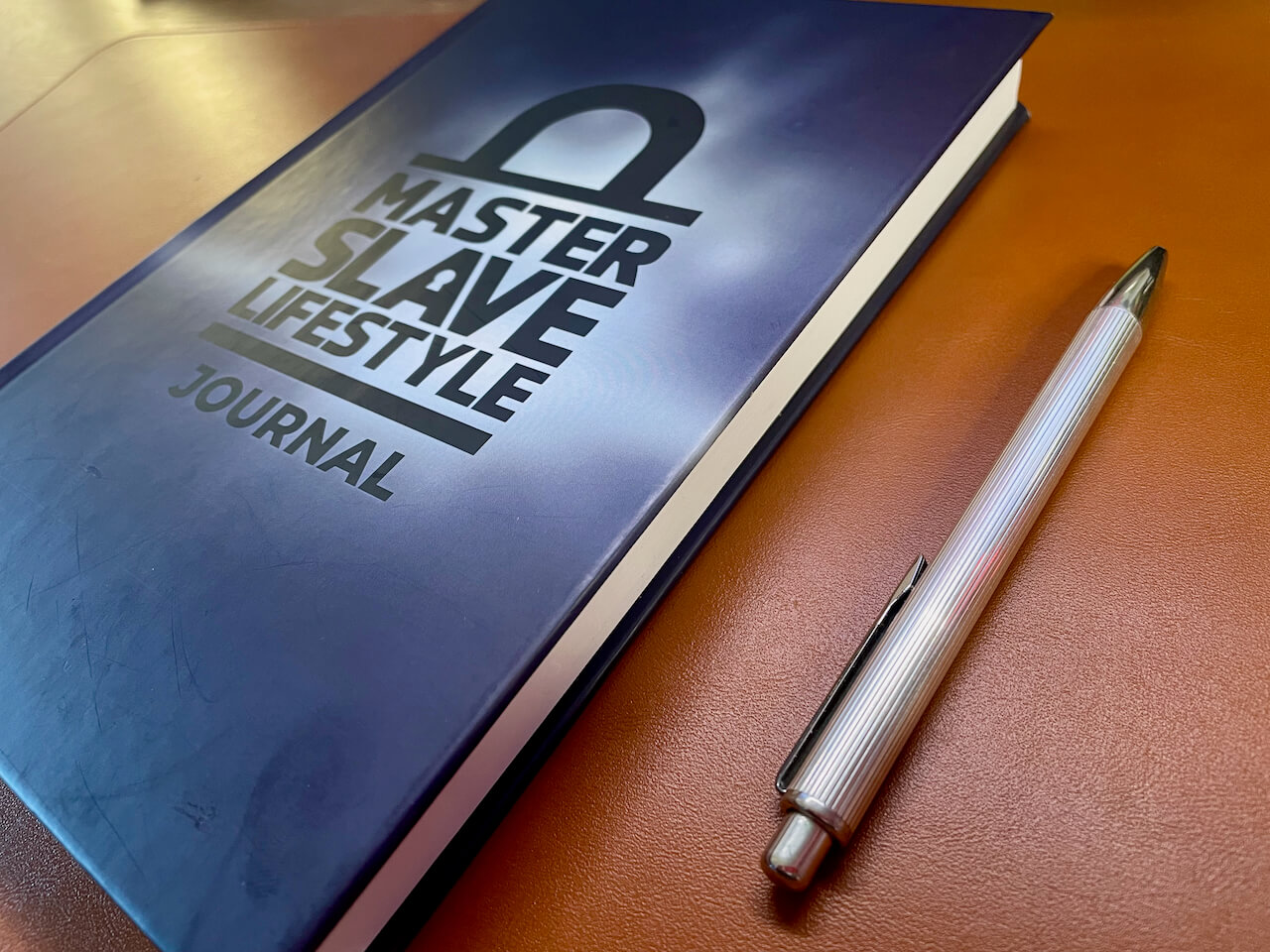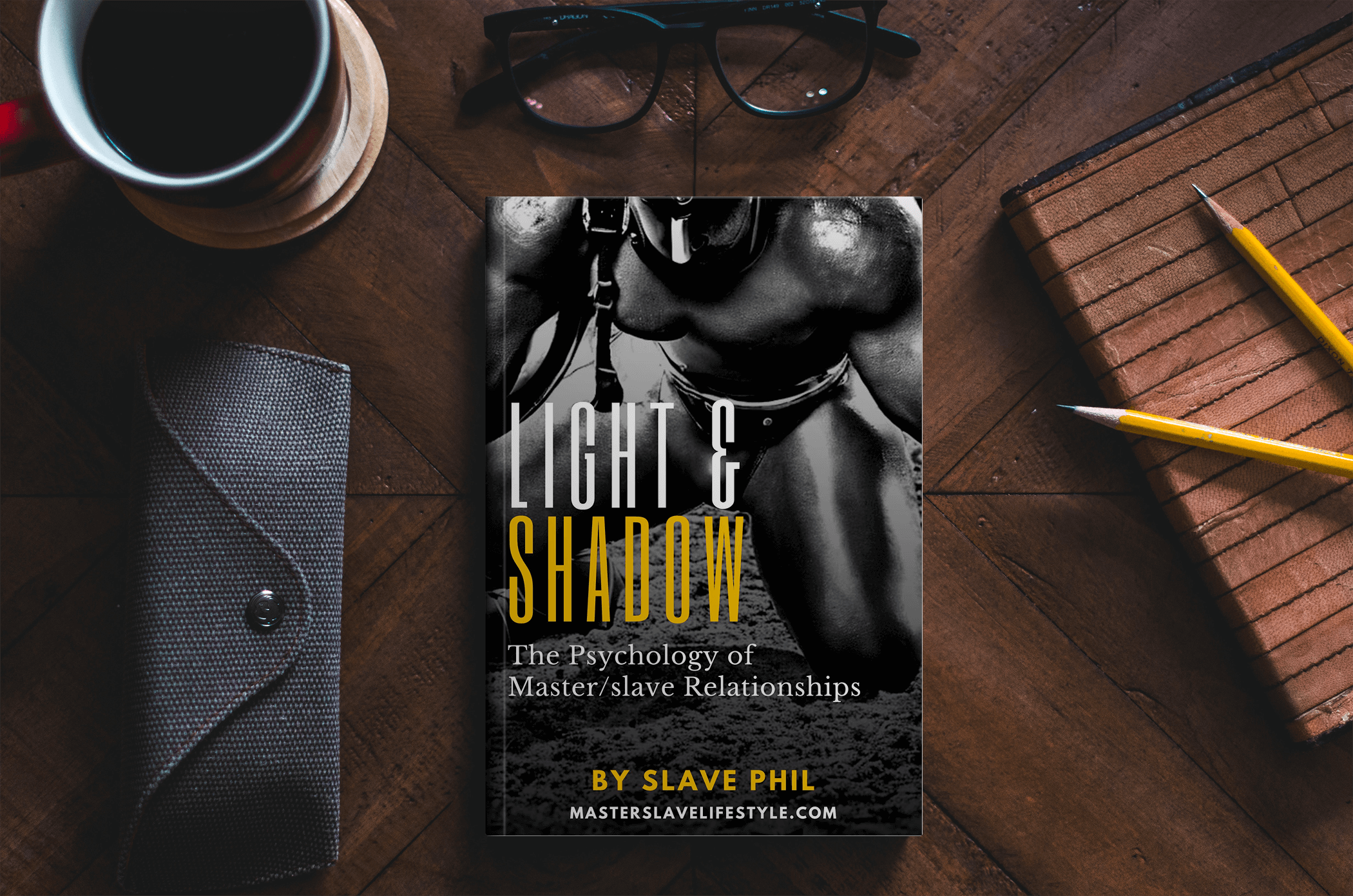Introduction
In looking for lifestyle slavery, I have found that it is widespread that there will be more than 1 person in the relationship. So knowing how to deal with a polyamorous relationship is essential when seeking this lifestyle.
This subject area is huge, and one article cannot go in-depth on such a broad subject. This article is an attempt to give a brief summary and taster of the sorts of things you should be aware of when considering a polyamorous relationship.
I have split this article into 2 parts:
- Introduction
- Part 1: What to ask and look for when finding a polyamorous relationship – includes definitions
- Part 2: What can happen in a polyamorous relationship – and therefore what you need to check for before entering such as relationship
What can happen in a polyamorous relationship
In a polyamorous relationship, one of the most important principles is truthful and compassionate communication.
In polyamory, it is more challenging to communicate as you will need to learn to communicate well with more than one person. Or you need to be aware that the person you are with has more relationships than just you, and you will be impacted by that.
For most people, we are not trained to communicate well in one single relationship, let alone several. When something goes wrong in a polyamorous relationship, society tells us that it is because we have the “wrong sort” of relationship.
Whereas what we need to learn is to communicate better.
It is a fallacy to think there will not be issues. Instead, I would embrace the fact there will be issues. Instead, we should make sure the people you have a relationship with can communicate well when these things occur.

Insecurities and triggers.
We all have triggers and insecurities. These come from our past – either in previous relationships or from our childhood.
A trigger is when something happens that can create an emotional reaction in us – sometimes a potent emotional response. Because a trigger is emotional, it can sometimes be irrational. But this does not negate the power of it.
When this happens, it needs to be spoken about. Keeping quiet and hoping it will go away will not help. Usually, an unspoken trigger will build until it has to explode out of the person anyway.
When we speak about it, people need to be understanding that it is a trigger. At first, we should focus on the emotion. We should talk about how we are feeling.
For example, imagine a situation where someone gets a text message from someone they play with. Their partner has a huge emotional reaction when they see the message come through.
The person that speaks up and says: “I am panicking that you might leave me.”
This may feel like a flippant example, but it is very real to the sort of irrational feelings we can have.
Dealing with jealousy
Jealousy is something that exists between people and will be there in relationships. By acknowledging it is there, and that it can trigger us, it allows us to talk about it without being shamed by it.
It is a natural emotion to have. If we can talk about these feelings openly, a relationship of people can then look at how they can reduce the jealously and make each other feel safer.
How to cope with triggers and jealousy
It can be easy to try and rationalise the feeling and tell the person it is not rational. But this invalidates the person and what they are feeling. But as it is a trigger, by its very nature, it can be irrational, and so should be accepted as that.
Instead, we should create a space to allow the person to talk about it. To explore why they might be feeling like this can help all sides to understand why the person is feeling the way they are.
Sometimes just allowing space for this to be talked about and explored can be enough.
Other times it might be that actions can help. For example, in a relationship where a Master and slave both have partners. Perhaps after the play is done, the one person always phone their partner to let them know they are okay, and they love them. And this helps give the partner more security.
In the Ethical Slut, they also use the example of someone treating their partner to a nice dinner, or buying them flowers a couple of days later. This show how much that person still means to them.
I have given two straightforward vanilla examples. But I hope this brings to life the sort of actions that might be needed to help with a trigger, or to help someone still feel needed or wanted when they feel vulnerable.
It is not to stop the trigger or to try and de-validate the trigger as being irrational. But to help resolve the trigger by giving the other person a compassionate space to explore the emotion, and to find what they need. And all sides potentially should take actions that then help.
What if people do not want to have these sort of conversations
If you are in a situation where:
- Someone cannot communicate well
- Does not want to communicate
- Does not want to listen
- Invalidates your feelings
You need to look closely and whether it is possible to have a successful polyamorous relationship with that person.
If you are going to be a dehumanised object slave – perhaps it is okay. But the vast majority of relationships are not this, and therefore, communication is essential for the relationship to survive.
And you need to look at yourself and check whether you can have conversations like this, or are you willing to learn. If you cannot, it is unlikely you can survive in a polyamorous relationship. If you are in this position, perhaps you need to look at how you can learn to do this.
My experience
As I write this, I think back to some of my relationship involving polyamory. I was hurt in two of them.
In one relationship, part of the reason for my hurt was that the other people were not being ethical. There was a lot of lying and manipulation, and because of that, a lot of mistrust.
So there was not open honest communication.
If I had read the Ethical Slut (or something like this article), I would have been better prepared. I would have known what to look out for a successful polyamorous relationship. And by noticing what was missing in the relationship, could have walked away before I was too hurt.
Going forward, I would still consider a polyamorous relationship. But now I would want to see that all people involved would be capable of communicating about the issues that would allow the relationship to survive.
Conclusion
One statement I loved in the Ethical Slut is that we are often taught the love is a finite resource. So if you love more than one person, your love for each person must become less. Whereas in actual fact, love is infinite, and if we love more than one person, the love we have increases to fill the extra person (or people).
It is more than possible for humans to have more than one relationship. But we must make sure we all communicate truthfully and compassionately.

Find Your Kink Identity?
Are you ready to transform, go deeper and truly begin?

SLAVE – Are You Ready to Embrace Your True Nature?
Dive into the FREE slave Induction course
Confront your boundaries, challenge your desires. This is more than a course; it’s a call to awaken your slavery. Confront your fears, embrace your submission.
Act Now – cross the threshold from fantasy to reality.

Discover Your Path with the MSL Journal
Unlock Your Journey: Embark on a transformative path with my physical journal, specially crafted for the Master/slave lifestyle. It’s not just a book; it’s your own personal guide, designed to illuminate your deepest desires and needs.
- ?️ Reflect and Grow: Overcome challenges with insightful exercises.
- ? Define Your Desires: Clarify your needs and wants in a safe, structured manner.
- ?️ Plan Your Steps: Navigate your path with confidence and clarity.

Buy the Book:
Light and Shadow
DISCOVER how Master/slave relationships work and how to PROTECT yourself.
- Suitable for beginners and advanced
- PLUS a companion 8-day email course that you can enjoy alongside the book



